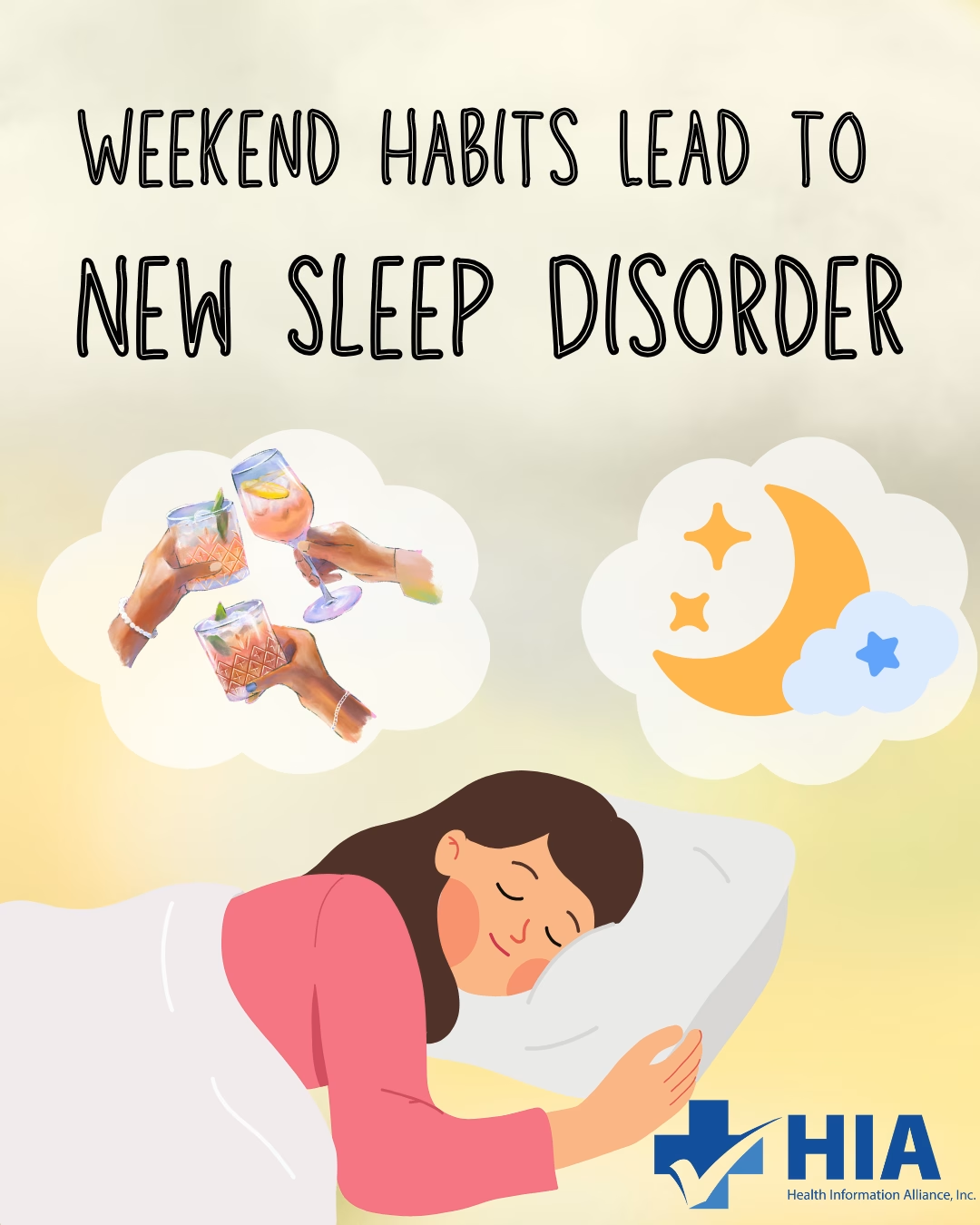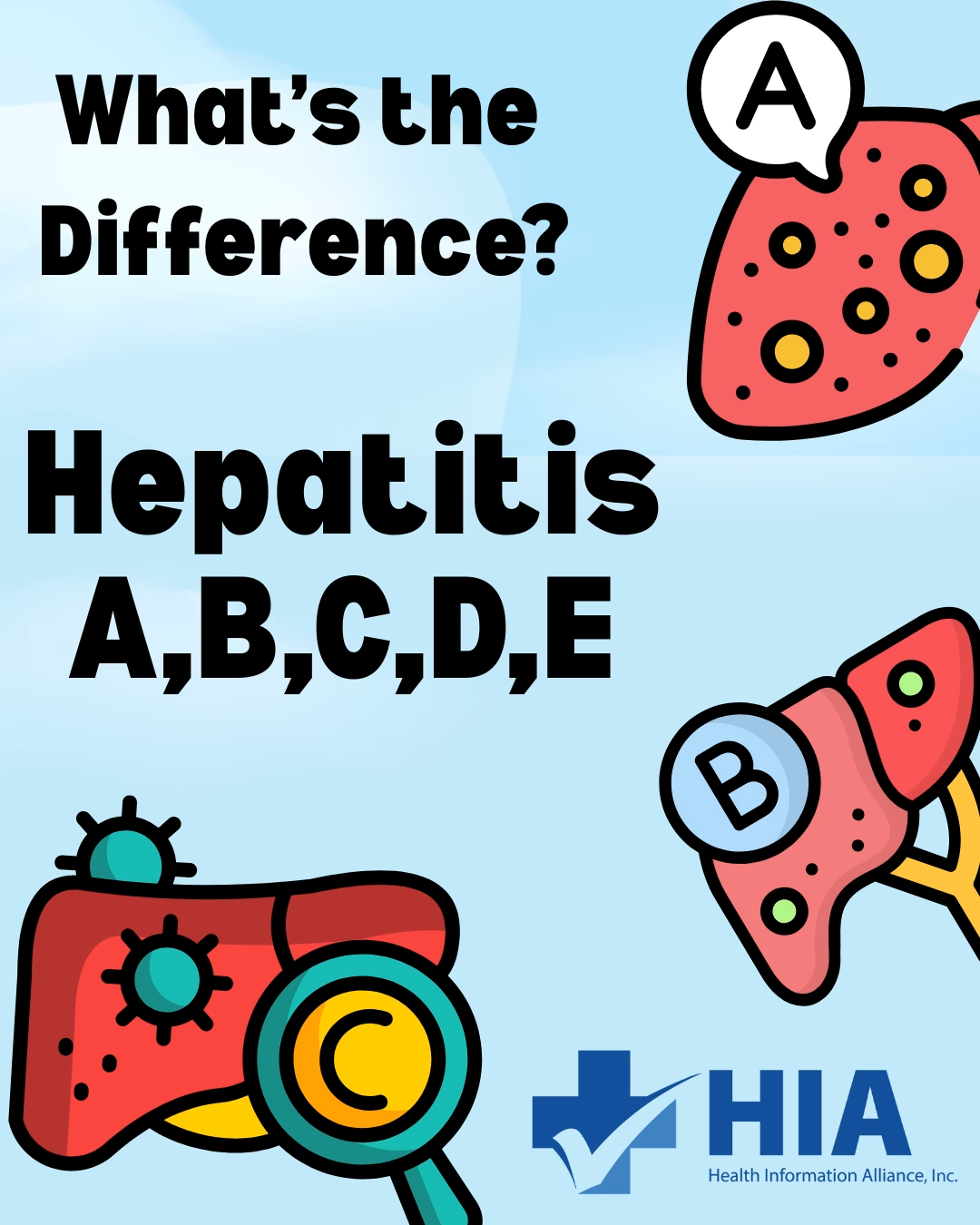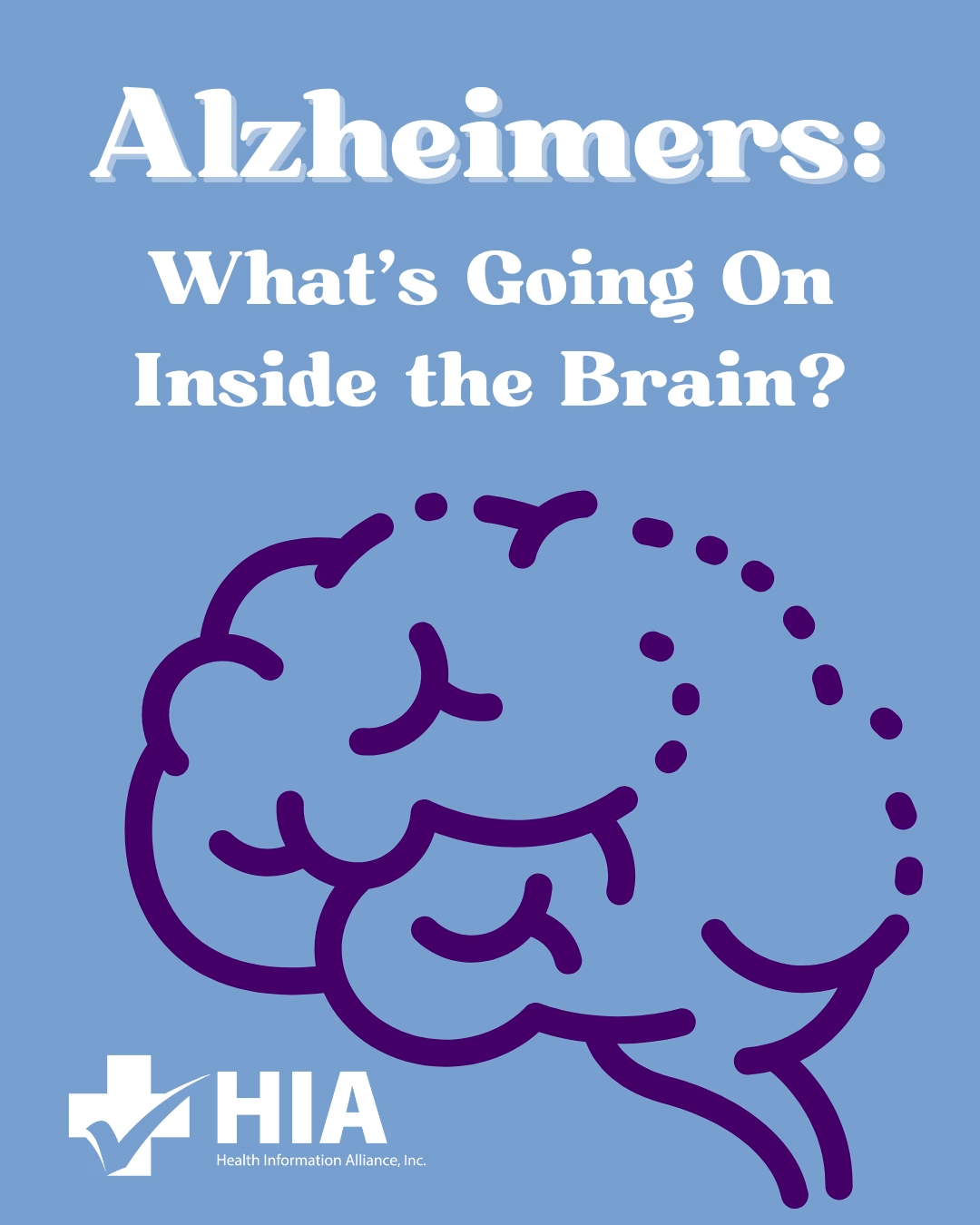Although cancer death rates have decreased in recent decades, scientists are still on the hunt for a true cure for cancer. By sequencing cancer genomes, scientists are able to analyze details about the pathology of cancer, leading them to find new potential treatment plans for patients. Different types of cancers function in different ways, so multiple targeted treatments are essential to improve patient outcomes. Scientists recently discovered a compound group derived from plants that can be used in these new treatments, called glycoalkaloids.
Glycoalkaloids are bioactive compounds found in fruits and vegetables, including nightshade plants, potatoes, tomatoes, and eggplants. Nightshade plants are known for being toxic, as they produce alkaloids that act as a defense against animals who eat the plants. Nevertheless, scientists are researching and testing these compounds to find a safe dosage for cancer patients and potentially make medicine out of poison.
Jessica Cooperstone, Ph.D., a researcher at The Ohio State University Comprehensive Cancer Center Carcinogenesis and Chemoprevention Research Program and assistant professor at the Ohio State College of Food, Agricultural and Environmental Sciences, stated, “I would be especially cautious when thinking about potato glycoalkaloids, including alpha-solanine and chaconine (which you can find in ‘greened’ potatoes and are the reason why we remove the green parts). These can be highly toxic in humans. Something that can be good, or even essential at low or moderate doses, can be toxic when administered at high levels.” 1
How do different glycoalkaloids target cancer cells?
In their studies, researchers found that glycoalkaloids have a strong effect on cancer cells, inhibiting their growth and causing the cell to die through apoptosis. The researchers studied 5 main glycoalkaloids and their potential to be used for cancer treatment. These glycoalkaloids included 1
- Solanine – could possibly stop carcinogens in the body to inhibit metastasis
- Chaconine – has anti-inflammatory properties and could potentially treat sepsis
- Solasonine – may prevent liver cancer cells from reproducing and may work as a complementary treatment when fighting cancer drug resistance
- Solamargine – is thought to attack cancer stem cells
- Tomatine – supports the body’s regulation of cell cycles and could be used to kill cancer cells
By analyzing this information, researchers found that the various compounds can target different cancers and infections, such as sepsis.
Would glycoalkaloids have any negative effects on the human body?
Due to their toxic nature, researchers have to be extremely careful when designing and testing these new drugs containing glycoalkaloids. Sherif El-Khamisy, Ph.D., director and associate dean of the School of Pharmacy and Medical Sciences at the University of Bradford, United Kingdom, told Medical News Today that the biggest challenges in developing cancer drugs from plant-derived compounds are reducing toxicity and targeting the tumor more specifically. “We put a chemical on the compounds to make it non-toxic,” Dr. El-Khamisy stated. “And then that compound is cleaved off as it is removed by a protein secreted by the cancer cells — and then they become activated once they reach the tumor sites.” 2
It’s also been found in various studies that glycoalkaloids can cause negative effects on the body, including in the reproductive system. Fortunately, researchers are continuing to find safe ways to use these new drugs, especially with use in conjunction with other cancer therapies. This combination may increase the effectiveness of both treatments, working hand in hand to get the best outcomes possible.
HIA is excited about the future of modern medicine and cancer treatments. We are looking forward to seeing what other great ways scientists can find treatments and one day find a cure for cancer!
References:
1. Bailey, E. (2022, December 6). Cancer research: how potatoes, tomatoes could be sources for new drugs. Healthline.
2. Flynn, H. (2022, December 8). Cancer treatment: compound found in potatoes, tomatoes, may lead to new drugs. Medical News Today.






